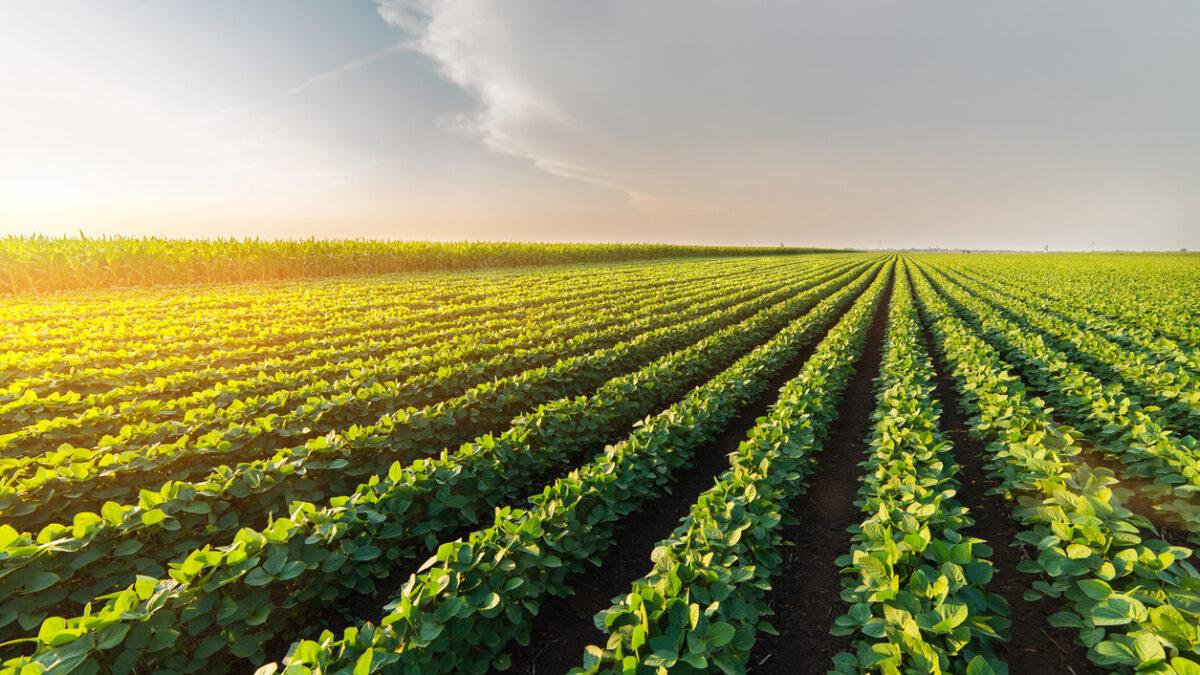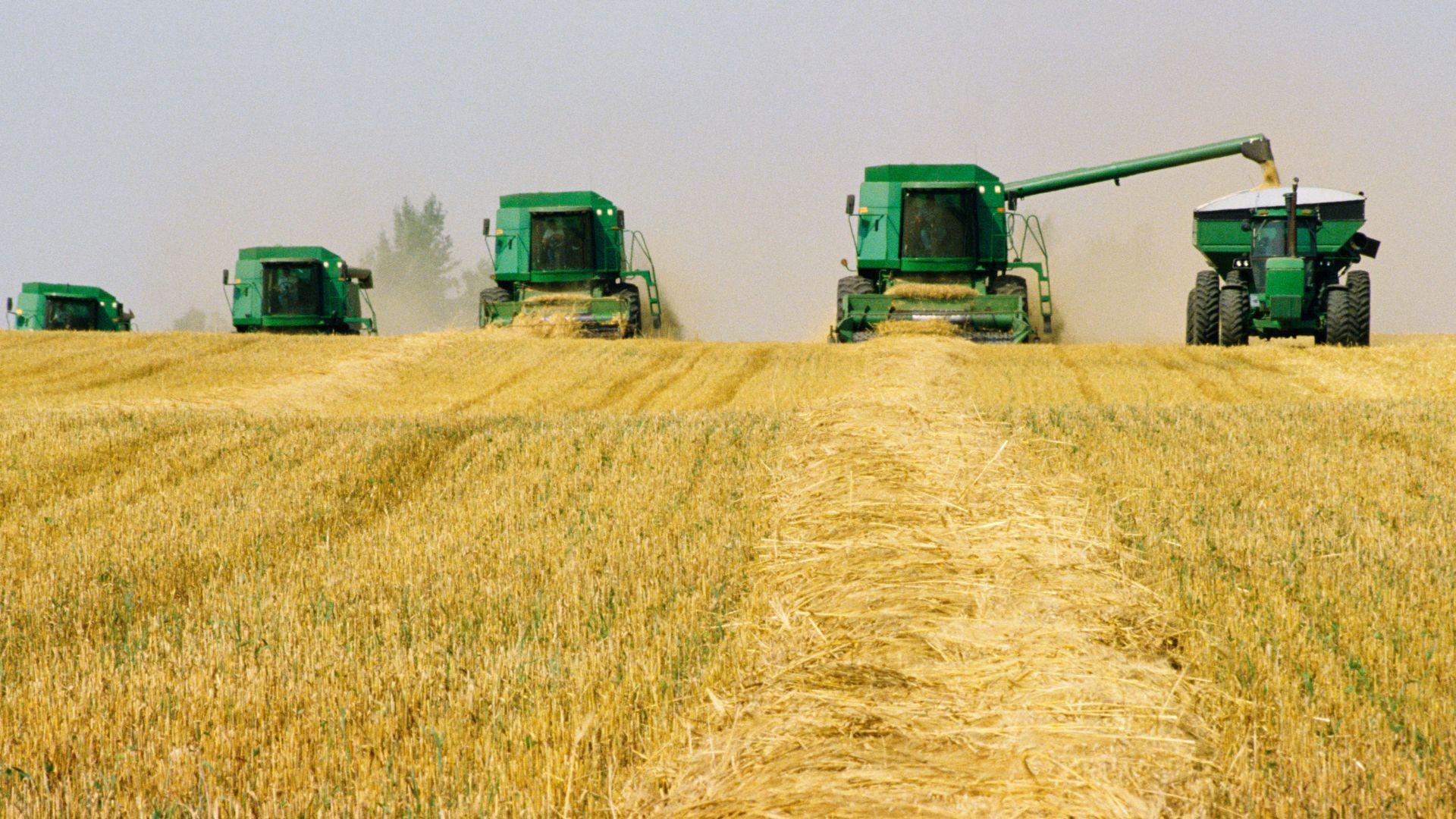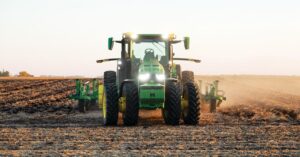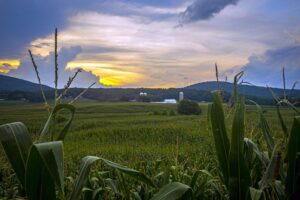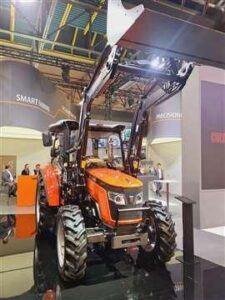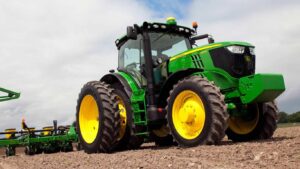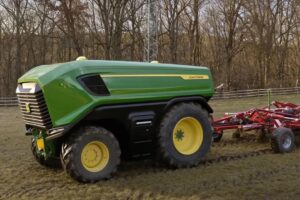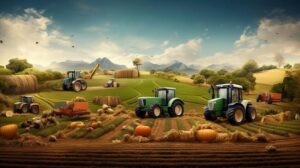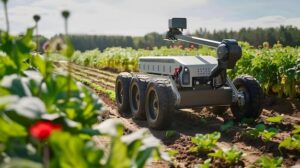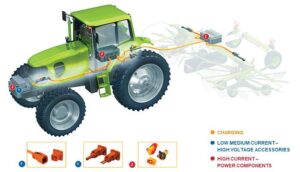In recent years, major agricultural technology companies have emerged as key drivers of a new green revolution, transforming traditional farming practices through digital innovation and lasting solutions. These industry leaders are developing advanced technologies,from AI-powered crop monitoring systems to precision farming equipment,that promise to increase crop yields while reducing environmental impact. As global food demand rises and climate challenges intensify, these tech giants are positioning themselves at the forefront of agricultural modernization, merging conventional farming wisdom with cutting-edge technological capabilities. Leading agricultural technology companies are reshaping modern farming practices through innovative solutions that promise enhanced sustainability and improved crop yields. These industry giants have invested heavily in developing cutting-edge technologies that address critical challenges facing global agriculture while minimizing environmental impact.
Precision farming technologies, powered by artificial intelligence and machine learning algorithms, now enable farmers to optimize resource usage with unprecedented accuracy. Smart sensors deployed across fields continuously monitor soil conditions, moisture levels, and crop health, providing real-time data that helps reduce water consumption and fertilizer application.
Companies like John Deere and AGCO Corporation have revolutionized traditional farming equipment by incorporating autonomous capabilities and GPS-guided systems. Their latest tractors and harvesters can operate with minimal human intervention, reducing fuel consumption and improving efficiency while maintaining precise positioning accuracy within centimeters.Genetic engineering breakthroughs by corporations such as Bayer and Syngenta have produced resilient crop varieties that require fewer pesticides and can withstand harsh environmental conditions. These developments have significantly reduced chemical usage while maintaining high productivity levels,addressing both environmental and food security concerns.
Vertical farming solutions, championed by AeroFarms and Plenty, are transforming urban agriculture. These systems utilize advanced hydroponics and LED lighting technologies to grow crops in controlled environments, reducing water usage by up to 95% compared to traditional farming methods while eliminating the need for pesticides.
Digital marketplace platforms have emerged as crucial links in the agricultural supply chain, connecting farmers directly with buyers and reducing food waste through improved logistics. Companies like Indigo Ag and Farmers Business Network have created robust ecosystems that optimize distribution networks while providing valuable market insights to farmers.
Drone technology has become an integral part of modern farming operations, with companies like DJI and senseFly offering specialized agricultural drones. These unmanned aerial vehicles provide detailed crop mapping, enable precise spraying of inputs, and help identify potential issues before they become significant problems.
The integration of blockchain technology in agriculture has enhanced transparency and traceability throughout the food supply chain. Major players like IBM and Microsoft have developed platforms that track products from farm to table, ensuring food safety and reducing fraud while enabling consumers to make informed choices about their food sources.
Climate-smart agriculture initiatives led by these tech giants have introduced weather prediction models and crop insurance solutions that help farmers adapt to changing climate patterns.These tools utilize big data analytics to provide accurate forecasting and risk assessment, enabling better decision-making and resource allocation.
Investment in research and growth continues to drive innovation in agricultural technology, with companies focusing on sustainable solutions that balance productivity with environmental stewardship. This technological revolution in agriculture represents a significant step toward achieving global food security while preserving natural resources for future generations.